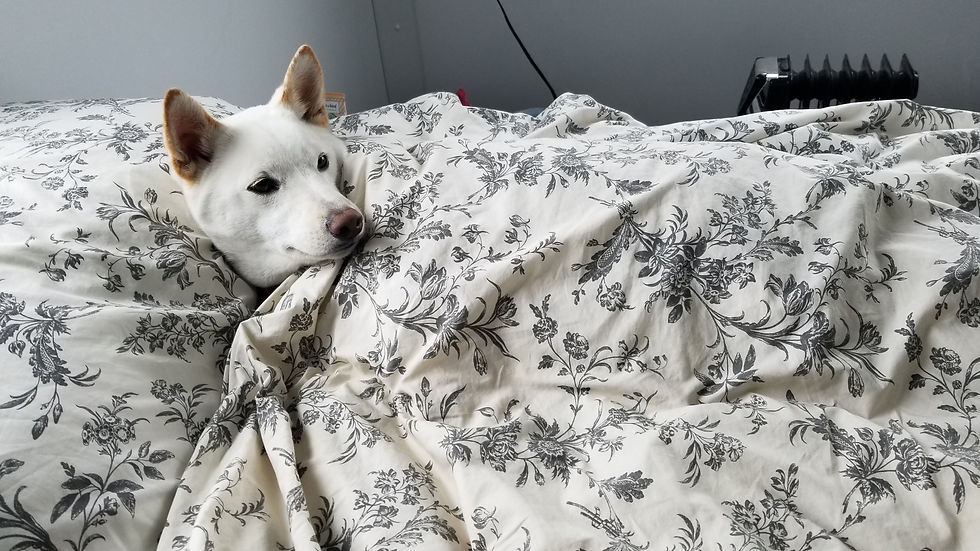By Adam Tuttle for Brain Arts Organization
May 17, 2020

The past few months have been a scary and stressful time for everyone in so many different ways. Whether you are working on the front lines, remotely from home, lost your job, or were struggling to find employment in the first place we are all being met with new and challenging situations. I often explore our relationship to the unknown with my clients in therapy and how we are able to manage our ability to navigate the stress of leaving our comfort zone. This is not to say that our comfort zone is a good or bad place, it's just the space we know how to occupy and our familiarity with what is expected of us.
So how does one navigate life in a pandemic or post-pandemic world for that matter when we have only lived pre-pandemic?
One of the best treatments for mitigating trauma responses is often a positive, supportive, flexible community. In spite of all the horribleness that might be going on around us, it is going on around US. We are all going through this together and the shared story that we will have at the end of this is what will help us all heal together.
We have been talking a lot about social distancing in the media, but that language can be tricky in how to think about what we are doing to control the spread. Words are powerful and we attach so much meaning to them as a society.
Instead we should be thinking about physical distancing and more social supporting.
Many communities are already working to maintain those connections through Zoom calls, online gaming, Isolate and Create initiatives, and Twitch streaming events. Many of our creative communities will be impacted in huge ways for a long time to come and some might never recover. The landscape is unknown which is why it is so important to remember to connect with each other when possible and remember to have compassion for how varied the responses to this will be. This goes for others and ourselves, we all manage stress differently and the emotional energy we have to juggle our stress changes all the time. We may be extremely resilient when facing hardships, but these challenges are ongoing and will likely be with us in different ways for many months.
Now might be a great time to try new ways to manage that stress and increase our mental stamina. The supports and self care strategies we spent our lives cultivating might be gone now or the opportunities to engage in them drastically changed . For some it might be a time to try therapy, places like Talkspace or BetterHelp offer online or text based therapy. If you are looking to start something via telephone and transition into office based work later (or not) then the majority therapists are now offering tele-therapy services. Contacting your insurance company for behavioral health providers or a service like Psychologytoday.com’s therapist finder are great places to go.
Another great thing to do is start a routine to bring more structure to your week. We often have activities that we set our internal clock to, whether it’s our weekly board game night, going to the gym, band practice, or paint night. Precautions to slow the spread has thrust so many of our lives into a sense of temporal unease, so why not plunge into some new healthy habits and routines? Try doing yoga for 10 minutes a day, meditating in the mornings, starting a weekly DnD zoom session with some friends (Fantasy Grounds is a fantastic website for beginners to start a virtual campaign!), utilize Duo Lingo to learn a language, or catch up on your reading list for free with the Libby app on your phone via your library card.
There is no right way to cope with a pandemic, we all have our own journeys and will be affected by it in different ways.
At times it will be overwhelming and binging on Tiger King or grinding out Bells to pay off your house in Animal Crossing might be the escapism you need to get to a place where your mind is ready to tackle the stress of quarantine. Hopefully, at the end of all this we will be able to walk away as a community knowing that we all did what we needed to do to keep our vulnerable population safe and were still able to find time to add a couple things to our self-care toolboxes.


Comments